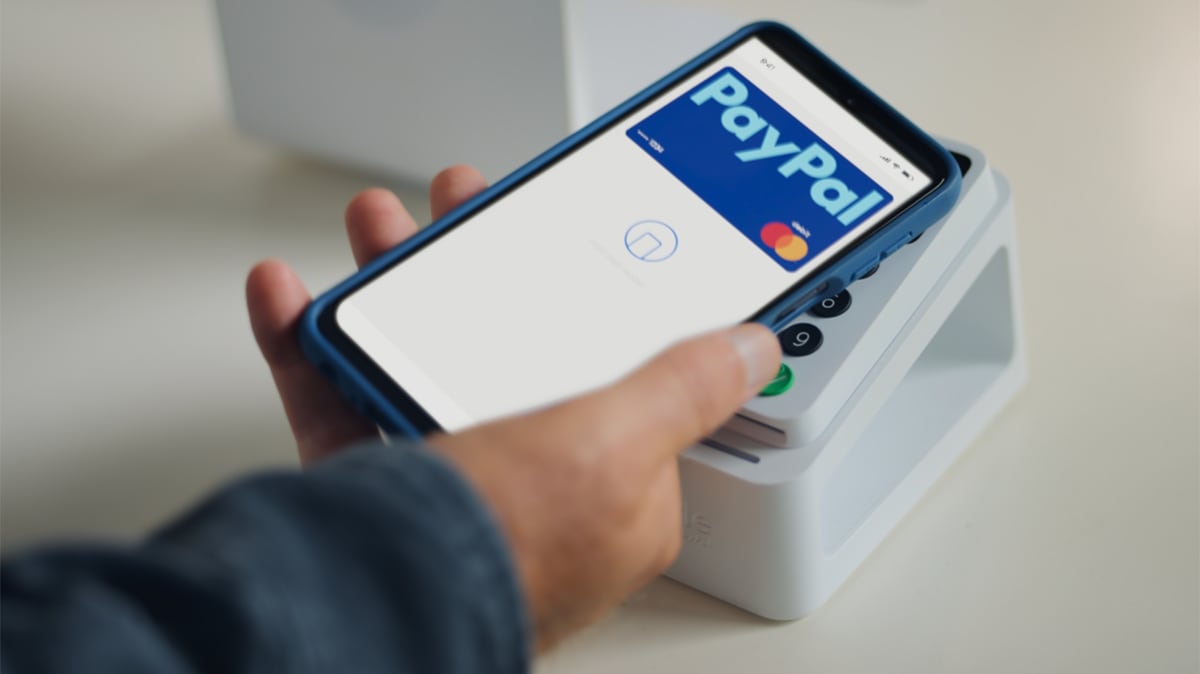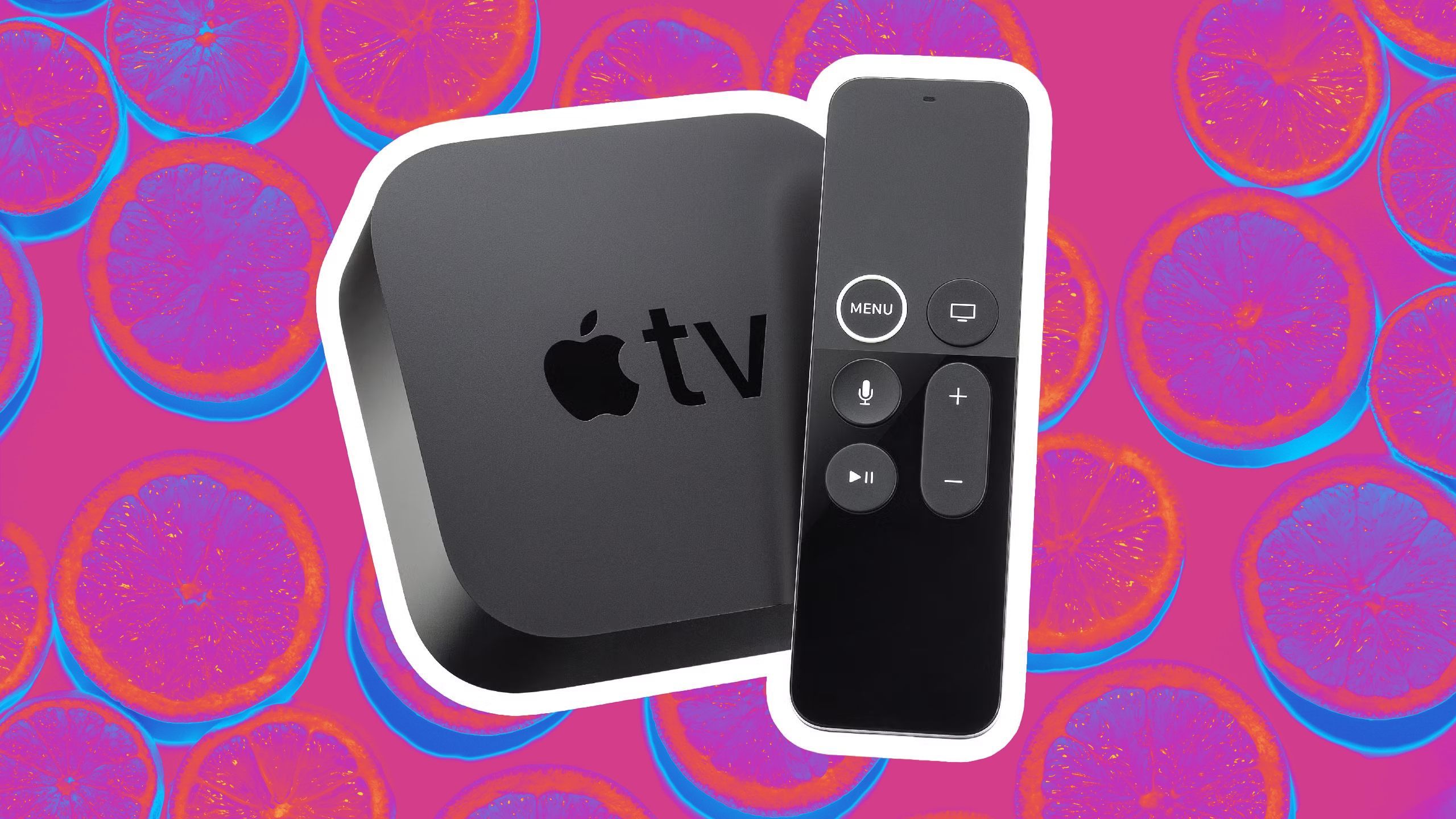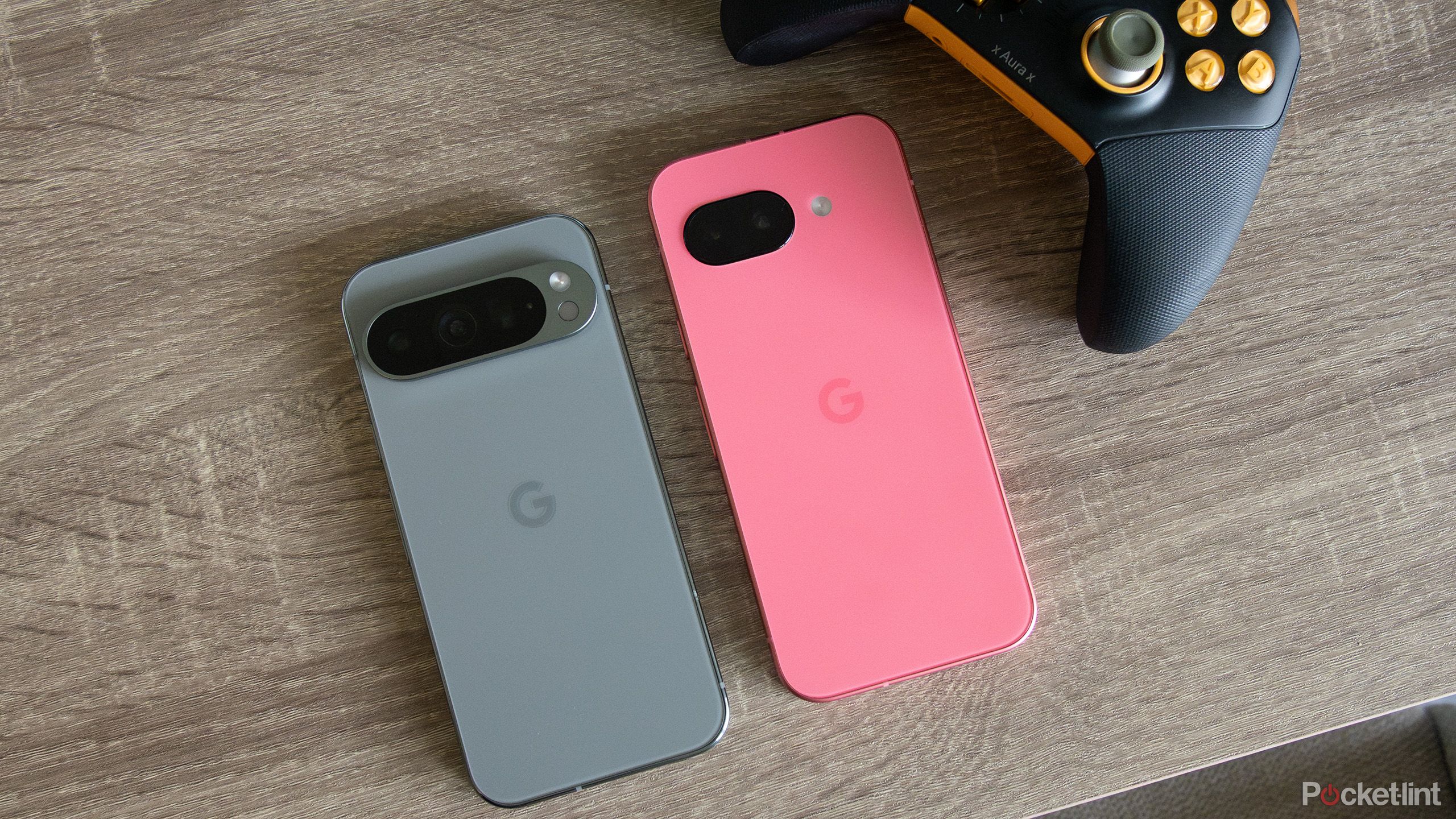AirPods 4 vs. AirPods Pro 2 Buyer’s Guide: 20 Differences Compared

[[{“value”:”Apple’s standard AirPods now offer active noise cancellation for an additional $50, bringing them closer in terms of features to the AirPods Pro than ever before, so which should you choose?
Almost three years after the launch of the first-generation AirPods Pro, Apple unveiled the second-generation model alongside the iPhone 14 lineup. Although the second-generation AirPods Pro feature the same design as their predecessor, they improve on features like Active Noise Cancellation, in-ear detection, and battery life, while introducing new functionality like Adaptive Transparency, volume adjustment touch controls, and precision finding.
Apple recently introduced a major update for its standard AirPods, with the earbuds gaining a more refined design for improved comfort, H2 chip, dust, sweat, and water resistance, 5GHz connectivity, a vent system for pressure equalization, Personalized Volume, Voice Isolation, a USB-C port, and “Siri” command support – just like the AirPods Pro 2. For an additional $50, the similarities with the AirPods Pro go even further with active noise cancellation, Transparency mode, Adaptive Audio, Conversation Awareness, support for Apple Watch chargers, and a speaker in the case for Find My.
Should you consider purchasing one of the fourth-generation AirPods models, or do you need the higher-end AirPods Pro, which sell for $249? Our guide helps to answer the question of how to decide which of these sets of AirPods is best for you.
AirPods
(Fourth-Generation, 2024)
AirPods With ANC
(Fourth-Generation, 2024)
AirPods Pro
(Second-Generation, 2022)
Open-ear fit
Open-ear fit
In-ear fit with silicone ear tips (four size options)
Optical in-ear sensors
Optical in-ear sensors
Skin-detect sensors
Force sensor controls
Force sensor controls
Force sensor and touch controls for volume adjustment
Active noise cancellation
Up to 2x more effective active noise cancellation
Transparency mode
Transparency mode
Adaptive Audio
Adaptive Audio
Conversation Awareness
Conversation Awareness
Conversation Boost
Loud Sound Reduction
Hearing Protection (coming fall 2024)
Hearing Test (coming fall 2024)
Hearing Aid (coming fall 2024)
Up to five hours of listening time with a single charge
Up to five hours of listening time with a single charge
Up to six hours of listening time on a single charge
Compact charging case
Compact charging case
Wider charging case
Lanyard loop
Capacitive pairing button
Capacitive pairing button
Physical pairing button
Speaker in charging case for Find My
Speaker in charging case for Find My
U1 chip for Precision Finding
Charging Case compatible with USB-C only
Charging Case compatible with Apple Watch chargers, Qi wireless charging mats, and USB-C
Charging Case compatible with MagSafe chargers, Apple Watch chargers, Qi wireless charging mats, and USB-C
$129
$179
$249
The standard AirPods are now very similar to the AirPods Pro, offering almost all of the same key features at a lower price point. As a result, the fourth-generation AirPods should be the default choice for most prospective buyers. If you also have AirPods Max, which already offer ANC, and are looking for an additional pair of headphones to use while working out or on the go, the fourth-generation AirPods are also a good choice.
You should only buy the AirPods Pro if you are happy with its in-ear fit, which provides better sound quality and active noise cancellation, but can be somewhat uncomfortable for prolonger periods of time. While the fourth-generation AirPods do now offer ANC, it is not as effective as that of the AirPods Pro due to the lack of an in-ear fit, so if noice cancellation is your main priority, the AirPods Pro 2 are still the best choice.
In addition to better sound quality and ANC, the AirPods Pro 2 also offer slightly longer battery life, Conversation Boost, touch controls for volume, MagSafe charger compatibility, Precision Finding with the U1 chip, and a lanyard loop, as well as hearing protection, testing, and aid features via an upcoming software update. Many users will be able to justify the additional $70 to get the AirPods Pro as a result. Nevertheless, the fourth-generation AirPods are still a solid option for most average customers and will be better for those who do not like the AirPods Pro’s in-ear silicone tips.
AirPods Pro frequently see hefty discounts on Amazon and other third-party retailers, so stepping up to the Pro version may be more worth it if you can take advantage of one of those deals. The standard AirPods also often see solid discounts, so it is always worth seeking the best price using our Deals roundup.
This article, “AirPods 4 vs. AirPods Pro 2 Buyer’s Guide: 20 Differences Compared” first appeared on MacRumors.com
Discuss this article in our forums
“}]]




